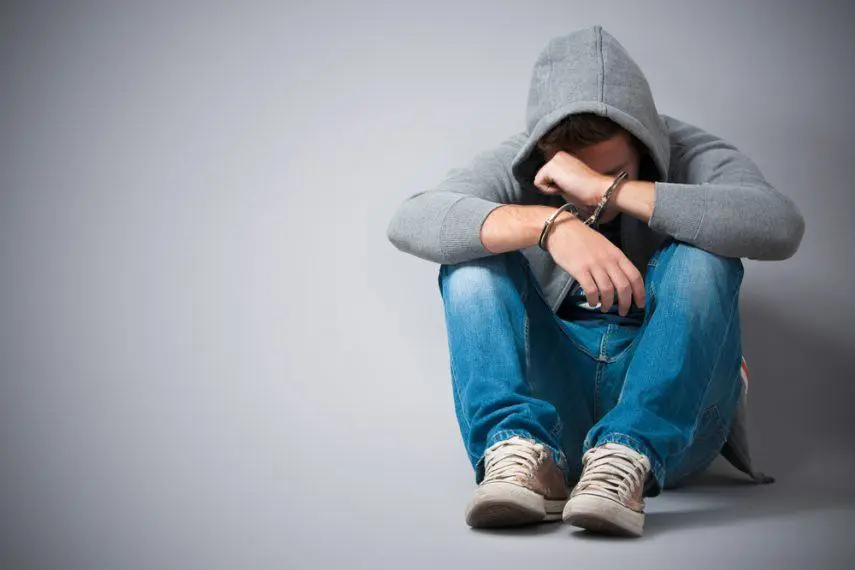When people talk about juvenile crime rates, there is often the underlying assumption that teens are biologically predisposed to engaging in unlawful behavior. People argue that teenage brains are still developing and that young people often lack the maturity and impulse control that comes with age.
However, a recent study from Penn State University challenges this notion and offers another explanation for juvenile crime rates in the U.S.: culture.
The Culture Connection To Juvenile Crime
According to the report, the focus on being an individual and having fun could be contributing to higher crime rates than in other countries. Specifically, the study compares U.S. teens to teens in Taiwan and the ages at which crime spikes in the two countries. In the U.S., it spikes during the mid- to late-teenage years. In Taiwan, it doesn’t spike until a person’s late 20s or early 30s.
This discrepancy suggests that biology might have less to do with higher crime rates than we think. In Taiwan, for example, teens behave more like adults and do not necessarily exhibit the same predilection for reckless, dangerous or illegal activity.
Researchers are planning to conduct similar studies comparing the U.S. to other countries to get a better picture of if, and to what extent, culture influences criminal behavior among juveniles.
Possible Repercussions For Juvenile Crime Policy
Currently, state and federal policies regarding juvenile crime are supported largely by the link between biological factors and juvenile behavior. Courts and lawmakers generally agree that a young person should not face the same penalties older people do.
However, if this study proves to be accurate and culture plays just as great, if not a greater, role than biology in a teen’s behaviors, changes to juvenile crime policies could be made. While there is no current indication that this could happen, it is important to understand that the legal environment regarding youthful offenders is constantly changing and being challenged.
If you are a teen facing criminal charges or if you have a child in this position, it is important that you take the situation seriously. Even though possible consequences may not be as severe as they might be for legal adults, there are still consequences. Consulting an attorney under these circumstances can therefore be crucial.

